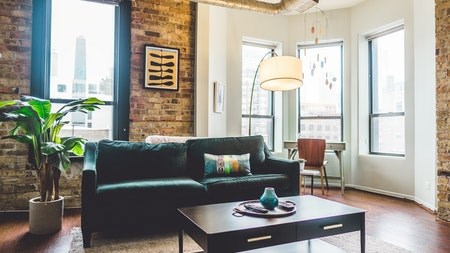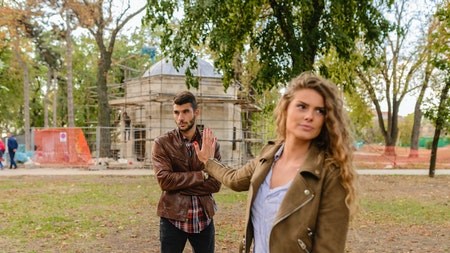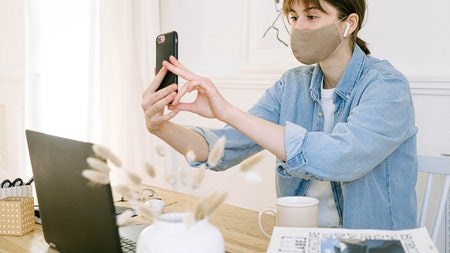With South Africa now firmly in Level 1 of lockdown, almost everyone is free to go back to the office. But many, including some of South Africa’s biggest banks and insurers, are choosing not to. And even when companies have opened their offices back up, many have done so only in a reduced capacity.
The reasons for companies not bringing their employees back to the office at pre-lockdown levels vary from staff safety to improved productivity (although this isn’t true for everyone), but also because they’re considering the possibility of permanently reducing their overall real estate footprint. And there are pros and cons to each.
The biggest con, however, is that the longer staff away from the office, the longer they continue missing out on that X factor that is critical to business success and innovation: serendipity.
The power of chance
Serendipity is, at the most basic level, an unplanned fortunate discovery. It has a long history when it comes to both inventions and natural world discoveries. In the office, it refers to the accidental collisions that force interaction and strengthen relationships between co-workers. So powerful is serendipity as a force that many companies have even tried to incorporate this elusive element into their office design.
When Steve Jobs designed Pixar’s headquarters, for example, he mandated central bathrooms so that people from around the company would run into one another. And when it came time to build Apple’s new gleaming UFO-esque headquarters, he took that philosophy to the extreme. It’s no accident, for instance, that the inner part of the circular building contains a 30-acre (12 ha) park featuring a pond, with fruit trees and winding pathways inspired by California’s fruit orchards.
And when it works, it really works. At Google, many people’s archetype of a “cool” corporate campus, chance encounters amongst employees have been credited with innovations such as Gmail and Street View.
What we know for sure is that such chance encounters are almost impossible to recreate in a remote environment.
A hybrid solution
So how do companies ensure that they balance the potential benefits of working remotely with the real opportunities for serendipity that come with being in the office?
The answer lies in a hybrid solution where people come into the office on certain days, and work remotely on others. And when it comes to engineering serendipity, businesses can occasionally request that employees change the days they come in so they’re exposed to different teammates. All-hands meetings and company social events can also go a long way to ensuring team members continue interacting rather than drifting further and further apart as they work in isolation.
Companies worried about getting tied down by long, inflexible leases in the current fast-changing reality can also benefit from a number of advantages if they choose the option of a fully-serviced professional office in which to practice this hybrid approach. Among these are saving on rental costs, IT infrastructure, and security. That, in turn, translates to more money on hand to hire the kind of creative and innovative thinkers who know how to make the most of any serendipitous encounters.
In reality, fully-serviced and even shared office spaces are exactly the kind of working environments that throw up myriad fruitful opportunities for serendipity, compared to the traditionally-leased office. What opportunities for collaboration might, for example, be birthed when workers from a bank and a law firm bump into one another at a vending machine? Or what might happen if the heads of those companies met in a whisky room available to the building’s tenants?
Serendipity no longer has to be something that happens only within companies, but between them too.
More necessary than ever
In an economy that was already struggling prior to the arrival of COVID-19, we now need all the serendipity we can get. The challenges South Africa faces as we enter Level 1 and begin to reboot the economy require innovation and creativity if we are to fulfil the enormous potential we know this country has.
And, with all the goodwill in the world, staff can only deliver a certain amount of that if they’re sitting at home all the time. Fully-serviced office space is emerging as an important solution within our “new normal”, so businesses looking for fresh opportunities for serendipity to help kickstart their operations need look no further.
By David Seinker




